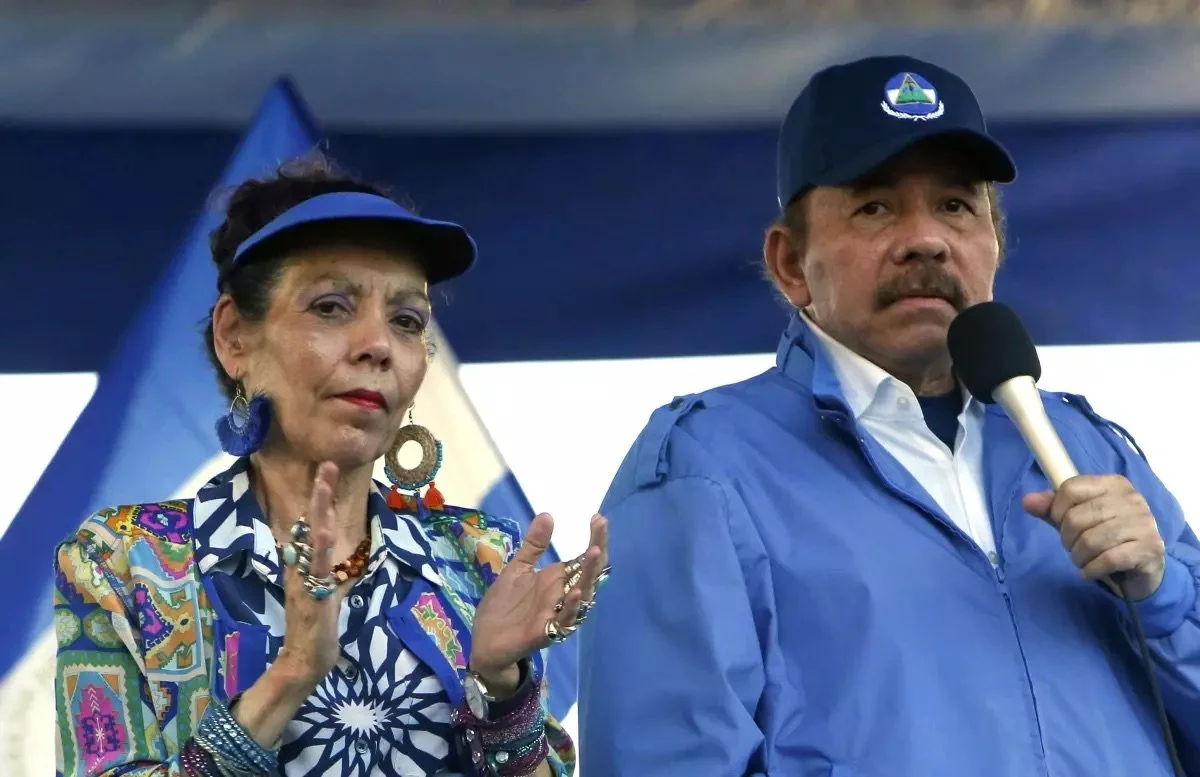DeepSeek, a rising Chinese AI startup, is reshaping the global tech race with cutting-edge innovation and cost-efficient breakthroughs.
Photo Credit: Getty Images
Read MoreThis article briefly discusses the restrictions implemented by the Italian government in response to COVID-19, with an emphasis on tenants’ and prisoners’ rights.
Photo Credit: Rebecca Ann Hughes, “Italy’s New ‘Soft’ Coronavirus Measures Prioritize the Economy,” Forbes (Dec. 16 2020).
Read MoreThe UK is considering reforms to its copyright law, including expanding text and data mining for AI training, to balance innovation with copyright protections, but the proposed model faces strong opposition from creative industries.
Photo Credit: Data Lore https://unsplash.com/photos/the-big-ben-clock-tower-towering-over-the-city-of-london-p6EWQz5cA2k
Read MoreIndia’s fight against dowry violence faces a critical crossroads: how to protect women without enabling the miuse of anti-dowry laws?
Photo Credit: Arvind Gunasekar, “Meant to Strike Out Dowry Menace, But…”: Court on Misuse of Key Law, NDTV (Aug. 22, 2023), https://www.ndtv.com/india-news/498-a-dowry-harassment-domestic-violence-some-have-unleashed-legal-terrorism-court-on-dowry-law-misuse-4318195.
Read MoreCanada’s universal healthcare system aims to provide equal access to medical care, but significant disparities persist, particularly for Aboriginal and rural communities, highlighting the need for systemic reforms to ensure true healthcare equity.
Read MoreAs Colombia considers banning the sale of products depicting criminals, concerns arise over the freedom of expression rights associated implicated by the law.
Photo Credit: Colombian National Police
Read MorePhoto Credit: USAID Africa Bureau https://en.wikipedia.org/wiki/South_Sudan#/media/
South Sudan’s transitional goveneemnt has failed to hold a timely election. The international community can either sit on the sidelines or try a new approach, funding democratic work directly.
Read MoreA Tale of Two Countries: The Ongoing Unrest in Congo and Rwanda’s Hand in it All
Read MoreThe Bahamas continues the British tradition of judicial wigs, symbolizing decorum, history, and authority in the courtroom. However, with wigs costing over $2,000 and some jurisdictions phasing them out, critics argue they are an unnecessary financial burden. As the Bahamian legal system embraces AI and Fintech, the question remains—will the wig endure, or is it time for change?
Photo Credit: 2025 Legal Year Opening, Bahamas National, https://bahamasnational.com/2025-legal-year-opening/ (Jan. 10, 2025).
Read MoreAddressing Educational Inequality in Croatia: The Need for Free Preschool Education
Read MoreNational Assembly Speaker Woo Won-shik climbs over the wall of the National Assembly in Seoul on December 3, following the declaration of martial law.
Photo Credit: Office of the Speaker http://koreabizwire.com/historic-wall-near-south-korean-parliament-becomes-symbol-of-resistance-amid-impeachment/300752
Read MoreDaniel Ortega with his “co-president” and wife, Vice President Rosario Murillo
Photo Credit: LA Times (Associated Press)
Read More



















